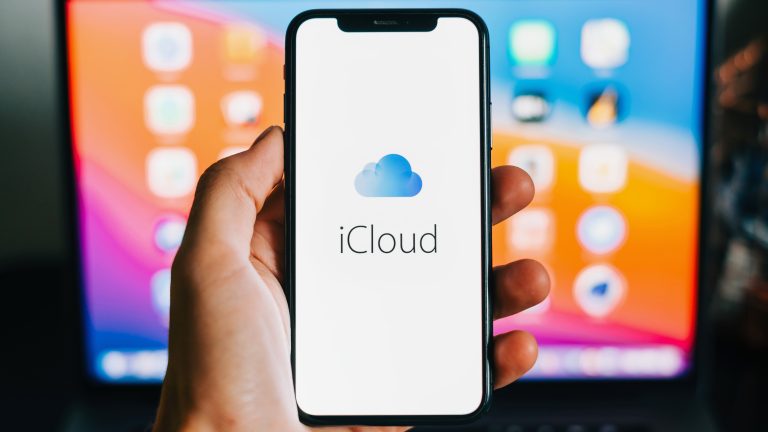
Imagine paying for your internet the same way you might pay for parking—by the hour, not by how many megabytes or gigabytes you consume. That’s exactly what Safaricom, Kenya’s largest telco, has just rolled out with its brand-new product called B-Live.

Launched on Wednesday, B-Live allows users to buy internet access based purely on time. For just KES 20 (about $0.16), you can enjoy one full hour of connectivity, while KES 150 (about $1.16) gets you six hours. The twist? Your usage is tied to minutes and hours, not how much data you’ve used. So whether you’re binge-watching videos, scrolling endlessly on TikTok, or downloading music, your data won’t mysteriously “disappear”—instead, your clock is what’s ticking.
For years, Kenyans have voiced the same frustration: “My bundles vanish too fast!” Safaricom’s move seems designed to finally silence that complaint. By shifting from volume-based bundles to time-based browsing, the company promises predictability. You know exactly what you’re paying for: an hour online is an hour online.
But, of course, there’s a catch. The B-Live plan does not allow hotspotting, meaning you can’t share your timed internet with others. Plus, Safaricom has quietly applied a “fair usage policy”—in simple terms, if you stream or download excessively, your speeds may be slowed down. The exact threshold remains undisclosed, which could lead to fresh complaints if users feel “throttled” too soon.
What makes B-Live stand out is that none of Safaricom’s rivals—Airtel, Telkom, or Faiba—have anything quite like it. Their bundles are still based on data volume. Airtel, for instance, offers hourly bundles but still limits how much data you can use within that time. Safaricom, on the other hand, is offering true unlimited usage for the time purchased—backed by its extensive 4G and expanding 5G coverage that reaches even rural areas.
After years of investing heavily in network upgrades, Safaricom is betting big that B-Live could finally rebuild trust and reduce data anxiety. The big question now: Will Kenyans embrace paying by the clock—or will they feel the same old frustrations, just repackaged in a new way?






